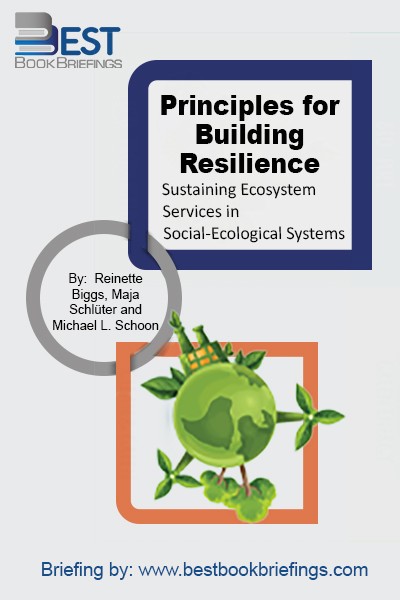Principles for Building Resilience
Sustaining Ecosystem Services in Social-Ecological Systems
Number of pages: 311
Publisher: Cambridge University Press
BBB Library: Technology and Globalization
ISBN: 978-1107082656
Editorial Review
We live in a world of rapid and unprecedented change. There’s growing evidence that the massive scale and extent of human activities such as transport and release of novel chemicals are undermining the capacity of nature to generate key ecosystem services on which we depend. A variety of novel and unpredictable effects that are difficult for society to cope with are of particular concern. Effects such as climate change, biodiversity loss, and changes in the nutrient cycles are increasing the incidence of highly disruptive and unpredictable shocks such as large storms and disease outbreaks.
Book Reviews
Books on Related Topics

Jaron Lanier is the father of virtual reality and one of the world’s most brilliant thinkers. Who Owns the Future? is his visionary reckoning with the most urgent economic and social trend of our age: the poisonous concentration of money and power in our digital networks.

In the passionate debate that currently rages over globalization, critics have been heard blaming it for a host of ills afflicting poorer nations, everything from child labor to environmental degradation and cultural homogenization. Now Jagdish Bhagwati, the internationally renowned economist, takes on the critics, revealing that globalization, when properly governed, is

Young people growing up in our time are not only immersed in apps: they’ve come to think of the world as an ensemble of apps, to see their lives as a string of ordered apps, or perhaps, in many cases, a single, extended, cradle-to-grave app. (We’ve labeled this overarching app a



